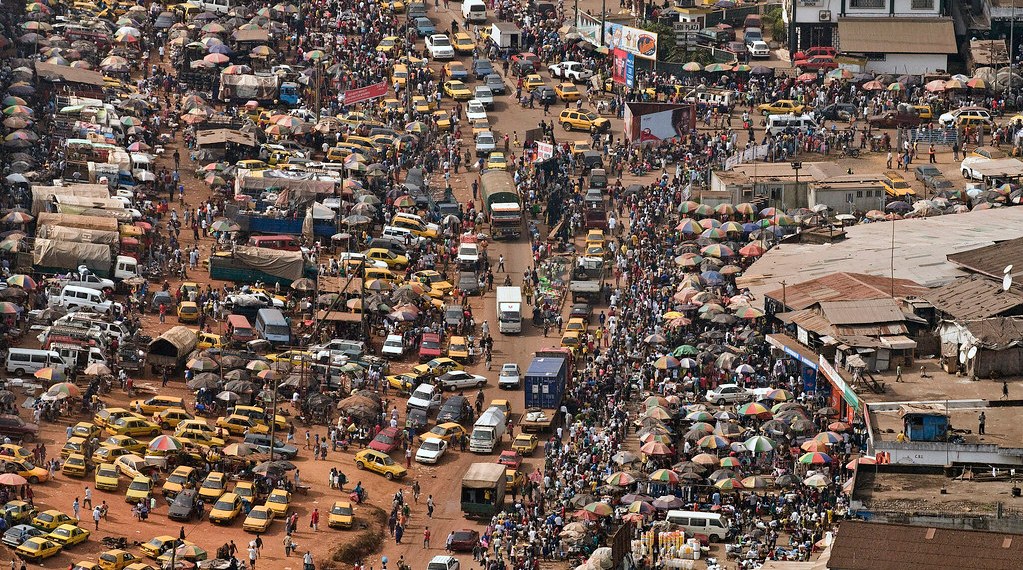By: Chioma Madonna Ndukwu
Liberia, over two decades after its brutal 14-year civil war, continues to grapple with the same corruption and impunity that fueled the conflict. The recent political crisis involving the Speaker of the House of Representatives, Jonathan Koffa, underscores how deeply entrenched these issues remain in the country’s governance system.
On April 23, the Liberian Supreme Court upheld Mr Koffa’s position as House Speaker, despite a protracted political standoff. Lawmakers opposing him, known as the “Majority Bloc,” had accused him of serious financial misconduct—alleging that his office overspent by over $7 million across 2022 and 2023, with much of that spending unaccounted for. They attempted to replace him with Richard Koon, sparking institutional deadlock, public protests, and even suspected arson attacks at the Capitol.
These events have drawn attention once again to the challenges Liberia faces in breaking free from its legacy of graft. Corruption and impunity were key triggers of the 1989–2003 civil war, and tackling them was central to the 2003 Comprehensive Peace Agreement and subsequent Truth and Reconciliation Commission recommendations.
Over the years, successive administrations have implemented various reforms. The establishment of the Governance Commission (2007), Liberia Anti-Corruption Commission (2008), and General Auditing Commission (2014) signaled some progress. More recently, a 2022 amendment granted the anti-corruption body prosecutorial powers. The legislature also passed whistleblower and witness protection laws, and in 2024 approved President Joseph Boakai’s proposal to establish a War and Economic Crimes Court.
Still, Liberia continues to rank poorly on Transparency International’s Corruption Perceptions Index, with a score consistently below 40 and a downward trend since 2013. According to interviews by the Institute for Security Studies (ISS), weak institutions, political patronage, and lack of willpower to prosecute high-level offenders are persistent obstacles.
Former President Ellen Johnson Sirleaf acknowledged as early as 2016 that her administration failed to meet its anti-corruption goals, attributing the shortcomings to systemic dishonesty and dependency. Her successor, George Weah, also faced backlash for inaction despite numerous scandals involving his appointees. Critics argue his tolerance for insider corruption contributed to his electoral loss in 2023.
In a stark move, the U.S. Treasury sanctioned several Liberian officials between 2022 and 2023, including former ministers and the mayor of Monrovia, for corruption and human rights violations. None of these cases, however, led to prosecutions, highlighting the limitations of Liberia’s accountability mechanisms.
President Boakai has taken some bold steps, suspending over 450 officials in early 2025 for failing to declare assets, including ministers and top agency heads. Yet, he has faced accusations of selective enforcement, and his appointment of Jonathan Massaquoi—once a lawyer for ex-president Charles Taylor’s wife—to lead the new War and Economic Crimes Court has stirred controversy.
Liberia’s fight against corruption must go beyond policy declarations and legal frameworks. True progress demands dismantling patronage networks, enforcing criminal accountability, and ensuring political independence and resources for oversight institutions.
The current crisis offers a pivotal moment to reassess and reinvigorate Liberia’s governance agenda—transforming public frustration into momentum for genuine reform.
This article was first published by ISS Today, in partnership with Premium Times Newspaper. Research for this article was supported by the Bosch Foundation and the government of Denmark.
This article was first published by ISS Today, in partnership with Premium Times Newspaper. Research for this article was supported by the Bosch Foundation and the government of Denmark.


